The Report, by Jessica Francis Kane
>> Wednesday, March 21, 2012
TITLE: The Report
AUTHOR: Jessica Francis Kane
COPYRIGHT: 2010
PAGES: 238
PUBLISHER: Portobello
SETTING: 1943 and 1973 London
TYPE: Fiction
SERIES: None
It's March 3rd 1943, and the residents of Bethnal Green, in the East End, are expecting German retaliation for a successful bombing a few days earlier. When the air raid sirens sound, people immediately head to the closest underground shelter, located in a disused Tube station. They've done this tens of time before, but on that night, something goes wrong. On their way in, going down the the stairs of the only entrance, something happens that leads to a horrific crush, which ends up killing 173 people.A stunning first novel that is an evocative reimagining of a World War II civilian disaster
On a March night in 1943, on the steps of a London Tube station, 173 people die in a crowd seeking shelter from what seemed to be another air raid. When the devastated neighborhood demands an inquiry, the job falls to magistrate Laurence Dunne.
In this beautifully crafted novel, Jessica Francis Kane paints a vivid portrait of London at war. As Dunne investigates, he finds the truth to be precarious, even damaging. When he is forced to reflect on his report several decades later, he must consider whether the course he chose was the right one. The Report is a provocative commentary on the way all tragedies are remembered and endured.
Shocked and grieving, the people demand answers. The government worry about the effects this might have on morale, but give in to the pressure and set up an inquiry. Local magistrate Laurence Dunne is put in charge of investigating and quickly producing a report that might give people the answers they're seeking.
I really didn't know what to expect when I started this, didn't even know whether it was going to be fiction or non-fiction. I'm finding this is one of the things I enjoy the most about reading outside the romance genre, in fact, and it made reading this book very satisfying.
What I got was a sensitive and fascinating exploration of guilt and blame and responsibility, taking the disaster as a starting point. Francis Kane moves between the aftermath of the tragedy and Dunne's investigation (well, she does cover the minutes right before the disaster and the events themselves, but that happens quite early in the book), and 30 years later, when a young man with a connection to the events is putting together a documentary and interviewing Dunne, who is debating whether now is the time to reveal certain details.
I said this was done in a sensitive way, and that was something I especially appreciated. It would have been very easy to cross the line and have the novel come across as exploitative, sensationalising the accident. Francis Kane avoids this completely. Her focus is not so much on what happened, as on how people deal with it once it has. As she puts it at one point: "An awkward feeling grew: these mourners had survived a tragedy in which they'd somehow played a role, and no one knew what to do." There's the urge to find someone to blame, and this is a pressure felt by Dunne, who has to find a way to give people the closure they need, while making some very delicate decisions about how much to say.
The author explores her issues through very well-rounded characters, some based on real people, some invented (as far as I could tell). They're all presented to us with compassion. There are no villains or saints here, and that was what made the book so compelling.
I also liked how a fascinating portrayal of what life was like in Bethnal Green during the blitz emerges naturally through the narration. It never feels like Francis Kane is inserting extraneous bits of research, it all feels perfectly right.
MY GRADE: A B+.




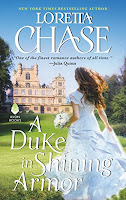
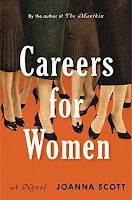
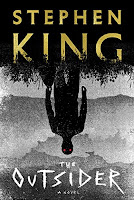
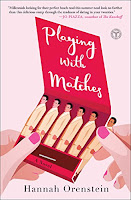
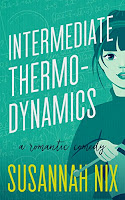
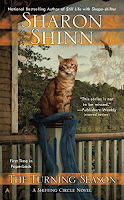
3 comments:
I'm currently reading Blackout by Connie Willis, about WWII and the bombing of London. Hers, of course, is scifi, but I'm intrigued by the idea of a criminal investigation during that time. I've never read Ms. Kane and your description makes her writing sound similar to Robert Goddard, one of my most favorite authors. I will definitely look for this one. Thanks for the review.
This sounds really intriguing and also my kind of thing. Another one for the WL.
Darlynne: Another possibility, if you're interested in a romance novel set in the period, is Blood Moon Over Britain, by Morag McKendrick Pippin. It's not great, but the setting makes up for the flaws in the storytelling.
Ana: Yep, I think you'll like this one as well!
Post a Comment